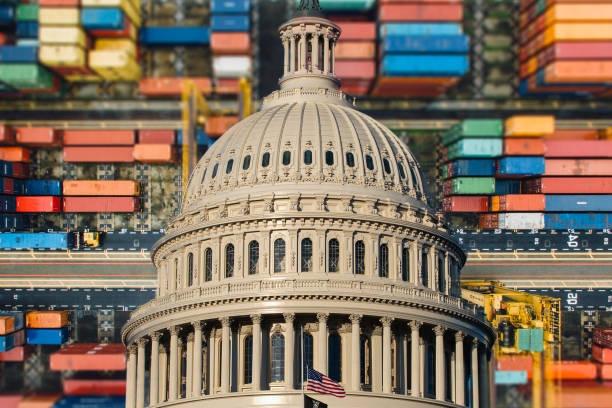Money
Making Sense Of Tariffs For Business Owners

The Concept of Tariffs and Their Dual Impact
Tariffs are a significant element in international trade, acting as taxes imposed on imports or exports. They serve multiple purposes: protecting domestic industries, creating leverage in trade negotiations, and countering unfair trade practices, such as government subsidies. While tariffs can be a protective tool, their impact on individual businesses varies widely. They can be a double-edged sword—benefiting some industries while posing challenges for others.
The Two Sides of Tariffs: Protection and Ripple Effects
Tariffs can protect domestic industries by leveling the playing field against unfairly subsidized imports, particularly in sectors crucial for national security or economic stability. However, they also trigger economic ripple effects. Increased costs of imported goods can strain businesses reliant on these imports, leading to higher expenses and slimmer profit margins, forcing tough decisions on cost absorption or passing expenses to consumers.
Tariffs and Their Implications for Small Businesses
Small businesses are uniquely affected by tariffs, with impacts varying by industry. A construction company relying on imported steel may face cost increases, whereas a local restaurant might remain unaffected. Understanding tariff implications on your specific business model is crucial. Tariffs prompt strategic thinking, such as exploring local supply options or revising pricing strategies to remain competitive.
Steps to Navigate the Uncertainty of Tariffs
Navigating tariff uncertainties requires proactive strategies. Stay informed to anticipate impacts on your supply chain and operations. Construct contingency plans, such as assessing cost increases or identifying alternative suppliers. Flexibility in planning is vital, addressing potential disruptions and financial strategies to absorb higher costs, ensuring business stability amidst changing conditions.
Leveraging Partnerships to Mitigate the Impact of Tariffs
Building strong partnerships is essential, particularly with financial institutions that understand your business needs. Banks offering tailored solutions, like flexible loans or working capital, can help manage tariff-related financial implications. Strong relationships provide a support system, enabling businesses to adapt and thrive despite economic challenges.
Conclusion: Thriving in a World with Tariffs
Tariffs are a persistent yet evolving part of the economic landscape, reflecting changing trade policies. While they present challenges, they also highlight the importance of adaptability and strategic planning. Small businesses, with their agility, can leverage these qualities to navigate tariff impacts effectively. By staying informed, planning strategically, and fostering strong partnerships, businesses can not only weather tariff-related storms but emerge stronger and more resilient.